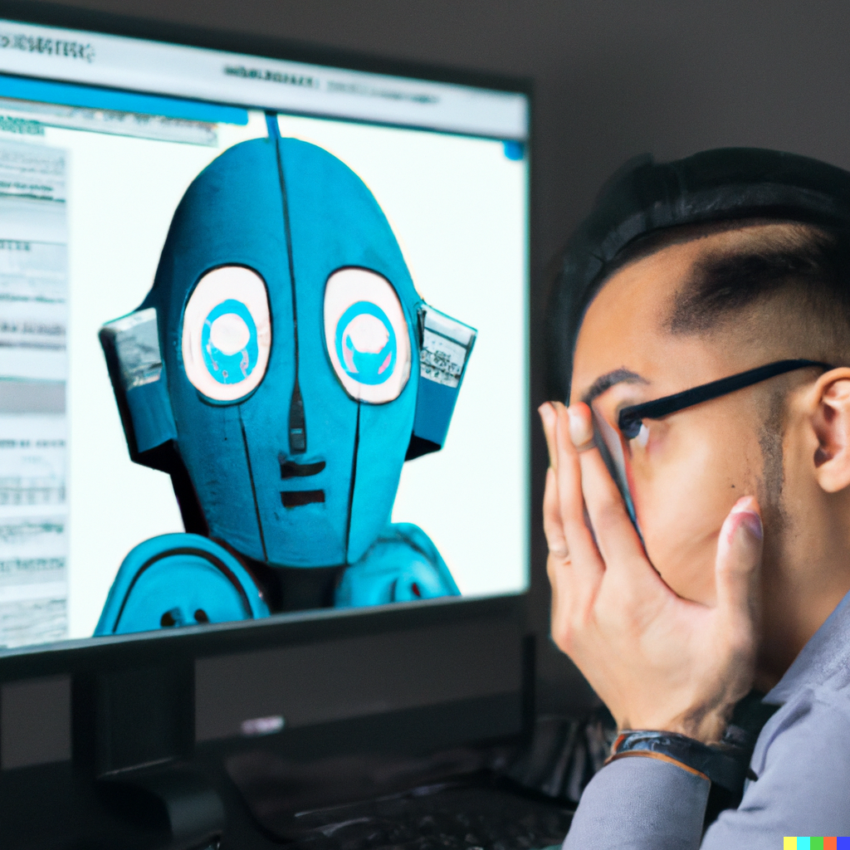Artificial intelligence (AI) is revolutionizing various sectors, and cybersecurity is no exception. With an array of positive and negative impacts, AI is set to bring about seismic changes to the cybersecurity job market over the next five years.
At the forefront of AI’s positive impacts is its potential to bolster cybersecurity defenses. AI can automate repetitive tasks, identify patterns in vast amounts of data, and predict potential threats. This has led to the developing of sophisticated tools such as ChatGPT, which can quickly analyze data and highlight potential cyber threats. AI’s automation capabilities also free up time for cybersecurity professionals to focus on more complex tasks, thereby increasing overall productivity.
AI is also revolutionizing threat detection and response. It can identify unusual patterns in real time, enabling quicker and more efficient responses to potential threats. This enhances the effectiveness of cybersecurity defenses and decreases the time and resources spent on threat hunting.
Given AI’s growing influence, the demand for AI-savvy cybersecurity professionals is set to rise. As the technology continues to evolve, so will the skills required to manage it. Cybersecurity experts must understand how to harness AI to enhance security and anticipate potential threats. This suggests a shift towards more specialized roles within the field, opening up opportunities for professionals with a strong understanding of cybersecurity and AI.
Conversely, integrating AI into cybersecurity presents a series of challenges. While AI can automate specific tasks, it cannot replicate human intuition and judgment. AI’s predictive capabilities are based on historical data, which may limit its ability to foresee novel threats. This reinforces the importance of human involvement in decision-making and threat analysis.
Moreover, the use of AI in cyber-attacks poses a significant concern. AI’s ability to generate highly personalized content makes it a potent tool for cybercriminals. The technology can be used to create convincing phishing emails or malicious content, fooling even the most well-trained professionals. This makes the role of cybersecurity professionals even more critical, with a strong emphasis on staying ahead of the curve.
Additionally, as AI becomes more integrated into cybersecurity, there is an increasing risk of job displacement. Some roles may become redundant due to automation, altering the employment landscape within the sector. However, it’s important to note that while AI might replace specific jobs, it’s also likely to create new ones. For instance, there will be a growing need for AI specialists within cybersecurity to manage and optimize these systems.
In conclusion, the rise of AI in cybersecurity presents opportunities and challenges for the job market. As we navigate this evolving landscape, it’s clear that a comprehensive understanding of AI will become increasingly valuable. The need for human expertise and judgment will remain paramount, shaping the future of cybersecurity roles in the AI era. Therefore, the focus should be on developing a workforce skilled in leveraging AI for cybersecurity while also being adept at countering the threats it may pose.
